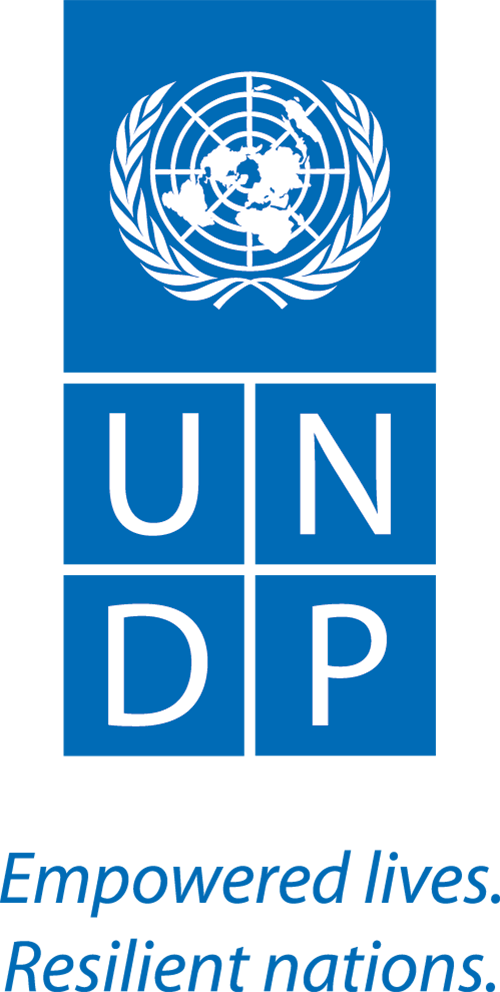FP109
Safeguarding rural communities and their physical and economic assets from climate induced disasters in Timor-Leste
Safeguarding rural communities and their physical and economic assets from climate induced disasters in Timor-Leste
Safeguarding rural communities and their physical assets from climate induced disasters in Timor-Leste
Addressing the underlying causes of vulnerability of social and physical rural infrastructure and addressing a limited capacity to generate and use information about climate risks.
Timor-Leste’s socioeconomic and ecological systems are fragile. Extreme weather events cause severe damage to infrastructure, incurring yearly economic losses of around USD 250 million as a result of landslides, floods, erosion and drought.
This project will strengthen the capacity of institutions to assess and manage climate risks and to implement, finance and maintain local infrastructure services. Monitoring of climate risk information will be enhanced. In addition, climate resilient building measures will improve small-scale rural infrastructure in vulnerable areas.
This project has an estimated lifespan of 6 years.
Project timeline
Pipeline
23 Jun 2017 • 746 days
Concept note received
23 Jun 2017
Funding proposal received
24 Jun 2018
Legal opinion on AE's Internal Approval
24 Jun 2018
Cleared by GCF Secretariat
29 Nov 2018
Cleared by iTAP
14 Jun 2019
Approved
08 Jul 2019 • 246 days
Approved by GCF Board
08 Jul 2019
FAA executed
11 Dec 2019
Under implementation
09 Mar 2020 • 2,183 days so far
FAA effective
09 Mar 2020
Disbursement - USD 2,349,598
03 Jun 2020
Disbursement - USD 2,997,580
30 May 2022
Disbursement - USD 4,028,584
11 May 2023
Disbursement - USD 6,164,937
01 Apr 2024
Disbursement - USD 5,300,883
31 Jan 2025
To be completed
09 Mar 2026 • 10 days to go
One region
- Asia-Pacific
One country
Two priority groups
- Least Developed Countries
- Small Island Developing States
-
Financing
- Private sector
- Public sector
-
Size
- Micro
- Small
- Medium
- Large
GCF financing93% disbursed
| Instrument | Amount |
|---|---|
| Grant | USD 22,356,805 |
| Total GCF Financing |
|---|
| USD 22,356,805 |
Co-financing
| Co-financer | Instrument | Amount |
|---|---|---|
| Co-Financing | Grant | USD 400,000 |
| Co-Financing | Grant | USD 19,687,062 |
| Co-Financing | Grant | USD 12,000,000 |
| Co-Financing | Grant | USD 5,000,000 |
| Total Co-Financing |
|---|
| USD 37,087,062 |
GCF Contacts
Press enquiries & interview requests
GCF CommunicationsSend e-mail
Request for information
GCF Information DisclosureRequest information about this project
Project complaints and grievances
GCF Independent Redress Mechanism (IRM)Phone +82 32 458 6186 (KST)
File a complaint
Integrity issues
GCF Independent Integrity Unity (IIU)Phone +82 32 458 6714 (KST)
Send e-mail
Entity

United Nations Development Programme
Executive Coordinator
304 East 45th Street, FF-9th Floor, New York, United States
Principal Advisor Environmental Law and Policy
304 East 45th Street, FF-9th Floor, New York, United States
More contacts
National Designated Authority
Office of the Vice Prime Minister and Coordinating Minister for Economic Affairs, Minister of Tourism and the Environment - National Designated Authority for Combating Climate Change, Public Institute, AND, I.P.
President, National Authority for Combating Climate Change, Public Institute (AND, I.P.)
Colmera, Díli, Timor-Leste
Documents
News + Stories

Timor-Leste's first GCF-funded project: A step towards increased climate resilience
24 Jul 2019 / At its twenty-third meeting in July (B.23), the Board of the Green Climate Fund approved GCF’s first climate action project in Timor-Leste, FP109: Safeguarding rural communities and their physical assets from climate induced disasters. Developed with the the National Directorate for Climate Change, the country’s National Designated Authority (NDA), and the United Nations Development Programme (UNDP), the project will climate-proof small-scale infrastructure in six municipalities and help strengthen the resilience of rural communities to climate change induced disasters.